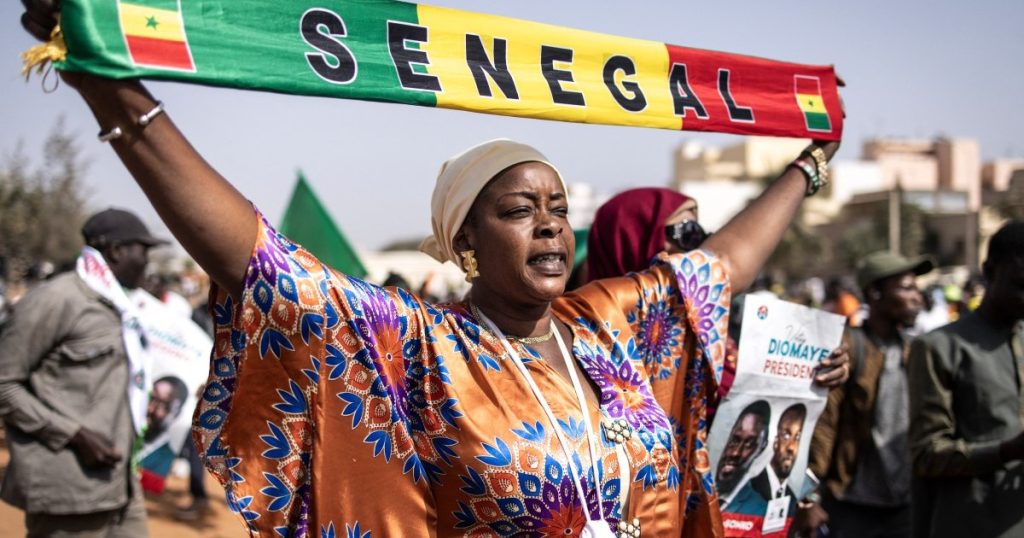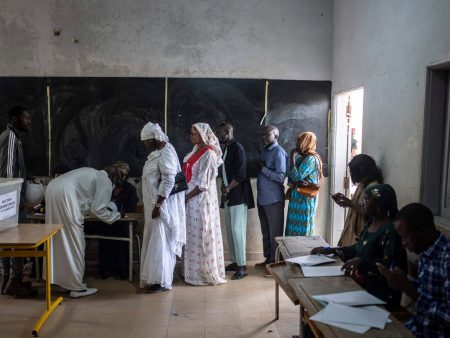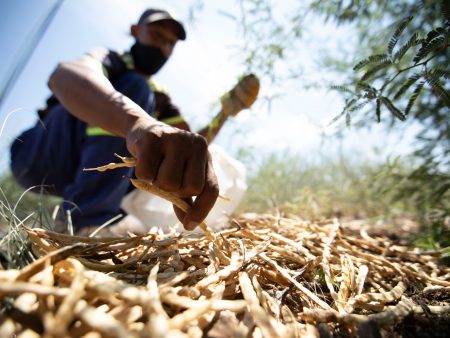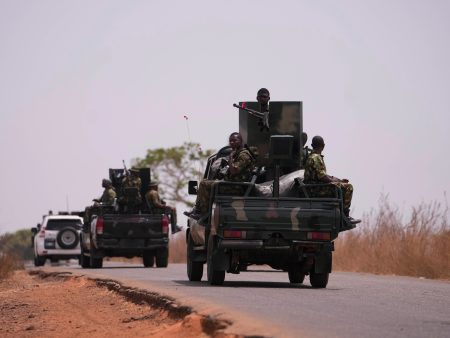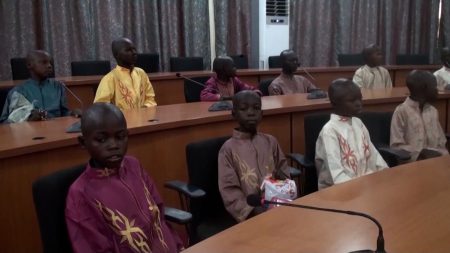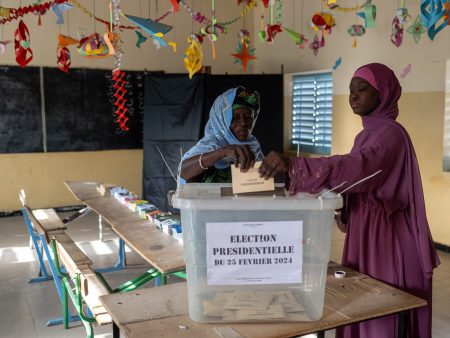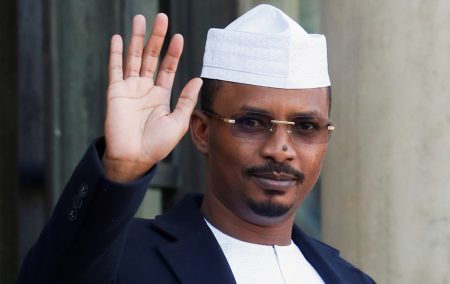Popenguine-Ndayane is a small fishing village in Senegal, known for being a pilgrimage site for the country’s Christian minority. Pilgrims, including the pope, visit this site where the Black Madonna is said to have appeared, with some believing in miracles happening in the village. Politicians also come here to campaign, with promises of hope and change, although residents are not easily swayed by their tactics.
Senegal has a history of peaceful transitions of power, with democracy being a source of pride for the country. However, President Macky Sall’s announcement to cancel the presidential elections due to alleged flaws in the candidate selection process threw the nation into uncertainty. This move was seen by many as an attempt by Sall to extend his time in power, leading to outrage and protests from the opposition and the public.
Facing backlash, Sall eventually rescheduled the election, shortening the campaigning period but ensuring it would take place before his term ended. Former prime minister Amadou Ba, a candidate of the governing party, was the frontrunner in the race. Described as a “billionaire civil servant,” Ba faced criticism for his alleged corruption and ties to the current administration. His main opponent, Bassirou Diomaye Faye, gained popularity as the anti-establishment candidate calling for political reform.
Faye held campaign rallies, including one in Mbour, aiming to engage young voters and address issues like corruption and economic opportunities. However, engaging rural and female voters was crucial for securing victory in the election. Senegal’s women, like the local women in Popenguine-Ndayane, have the potential to sway the outcome of the election. With a record number of young men leaving the country for work abroad, the mothers and sisters in these communities are looking for stability and certainty in times of political uncertainty.
In Popenguine-Ndayane, where miracles are believed to happen, residents remain skeptical of politicians’ promises and are focused on the real issues facing the country. As Senegal prepares for the election, the future of democracy and governance in the country hangs in the balance. With the power of the people, especially women and rural voters, elections will be won and the course of the nation’s history will be determined.









